

Kate Schuetze, Amnesty International Researcher - Pacific Islands and Climate Justice, on mission to Tuvalu in March 2024.
Photo/Amnesty International
‘A matter of survival’: Amnesty International calls for urgent reform of Aotearoa's visa rules
A new report claims that New Zealand’s migration system discriminates against Pacific people affected by climate change.

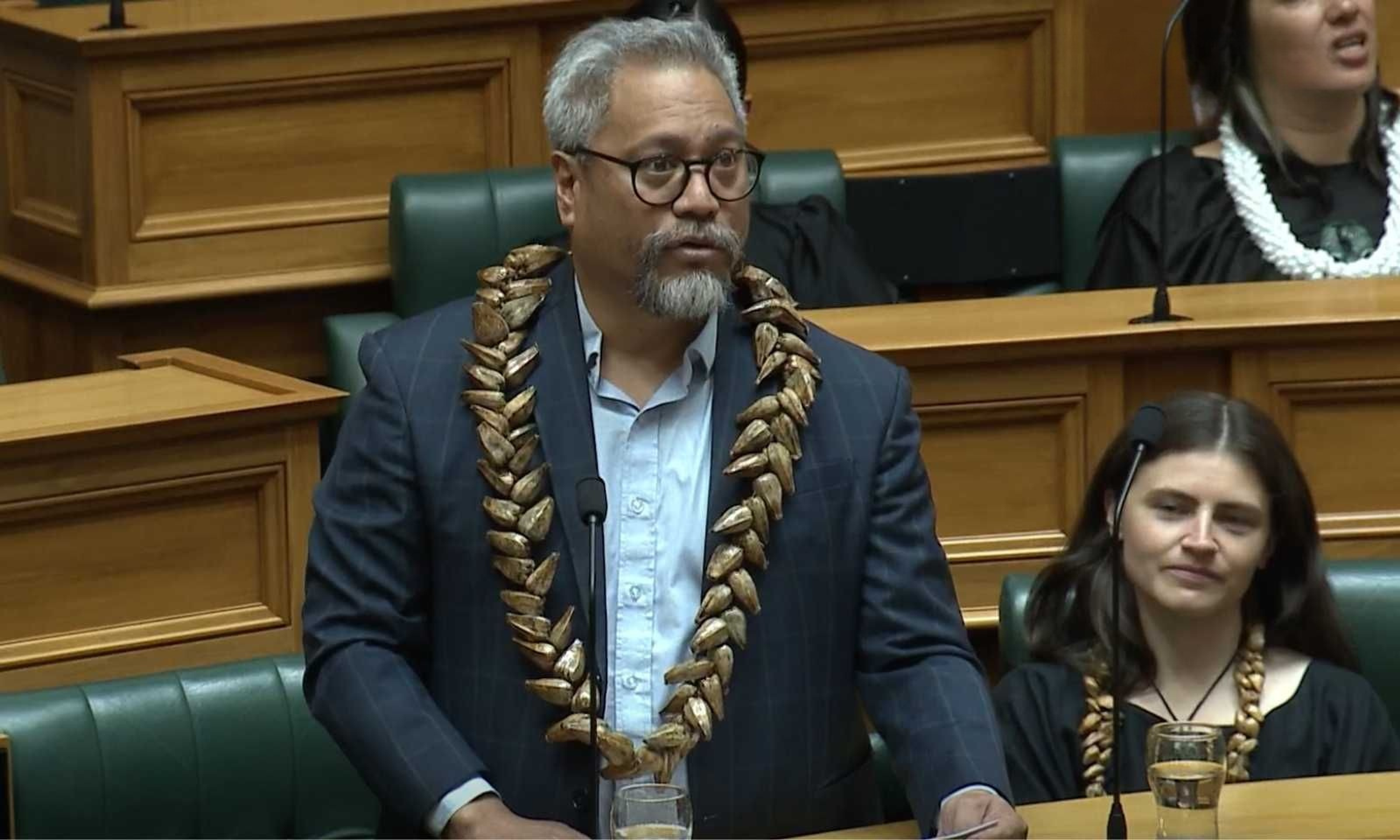
Green MP says the proposed immigration changes risks reigniting Dawn Raids trauma

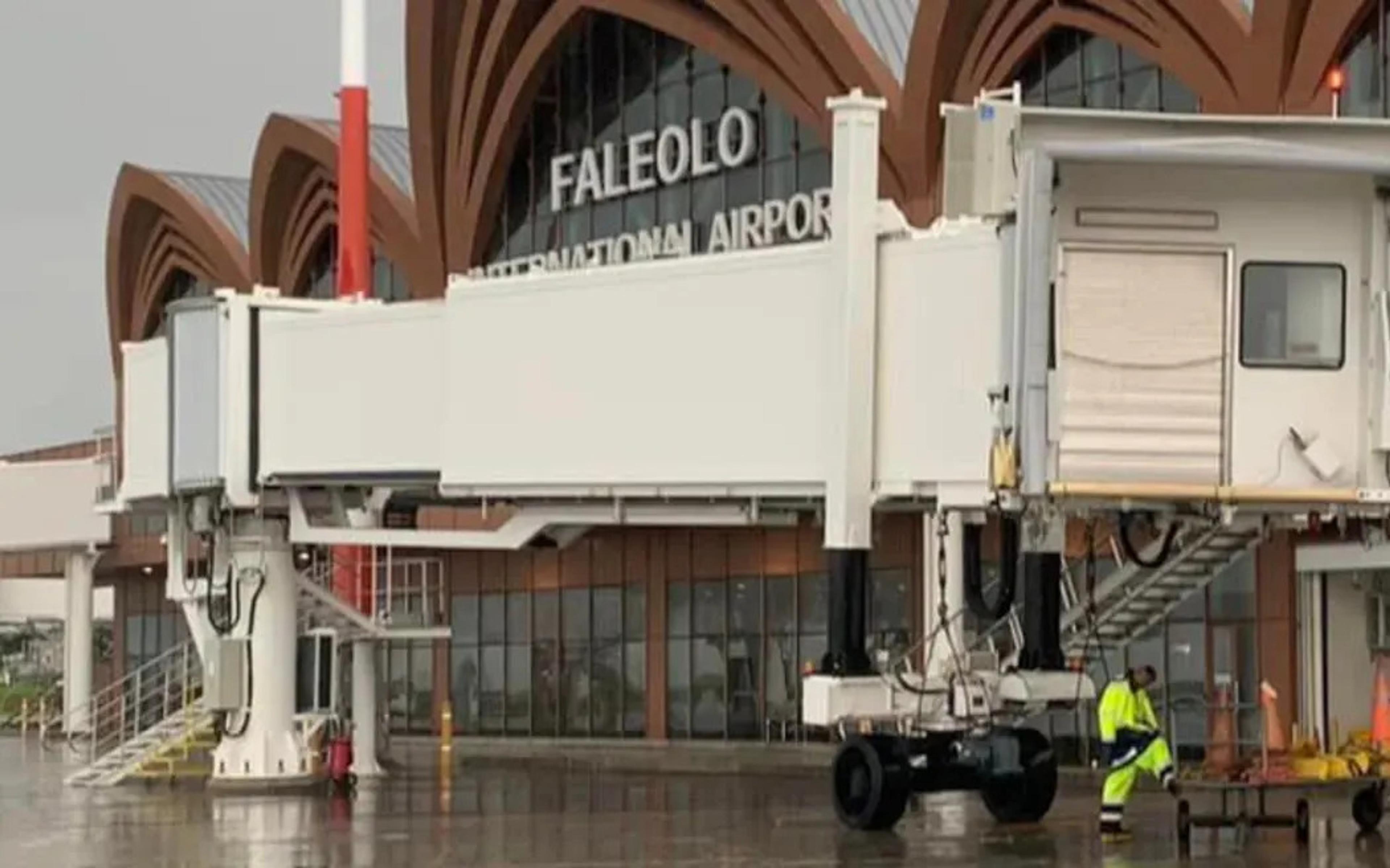
'I don't want to travel anymore': Sāmoa government urged to reconsider fee hike

Pacific child poverty rises as Deputy PM points to economic growth as solution

Green MP says the proposed immigration changes risks reigniting Dawn Raids trauma


'I don't want to travel anymore': Sāmoa government urged to reconsider fee hike
Amnesty International warns that Pacific people facing climate-related challenges are being blocked from migrating to Aotearoa New Zealand due to discriminatory visa rules.
The organisation’s new report, Navigating Injustice, highlights how current policies are forcing families apart and increasing the risk of deportation.
Countries like Tuvalu and Kiribati, which are on average only two metres above sea level, are experiencing rising seas, coastal erosion, floods, droughts, and contaminated water. These factors are severely limiting access to food, shelter, and healthcare, particularly for older people and those living with disabilities.
Currently, New Zealand’s Pacific Access Category Resident Visa (PAC) allows a limited number of people from Kiribati, Tuvalu, Tonga, and Fiji to gain permanent residency.
Applicants must be between 18 and 45 years old, have proof that they can secure a job, and meet an “acceptable standard of health”.
Kate Schuetze, Amnesty International’s regional researcher for the Pacific and climate justice, is calling for humanitarian visas for those who cannot meet the existing requirements.
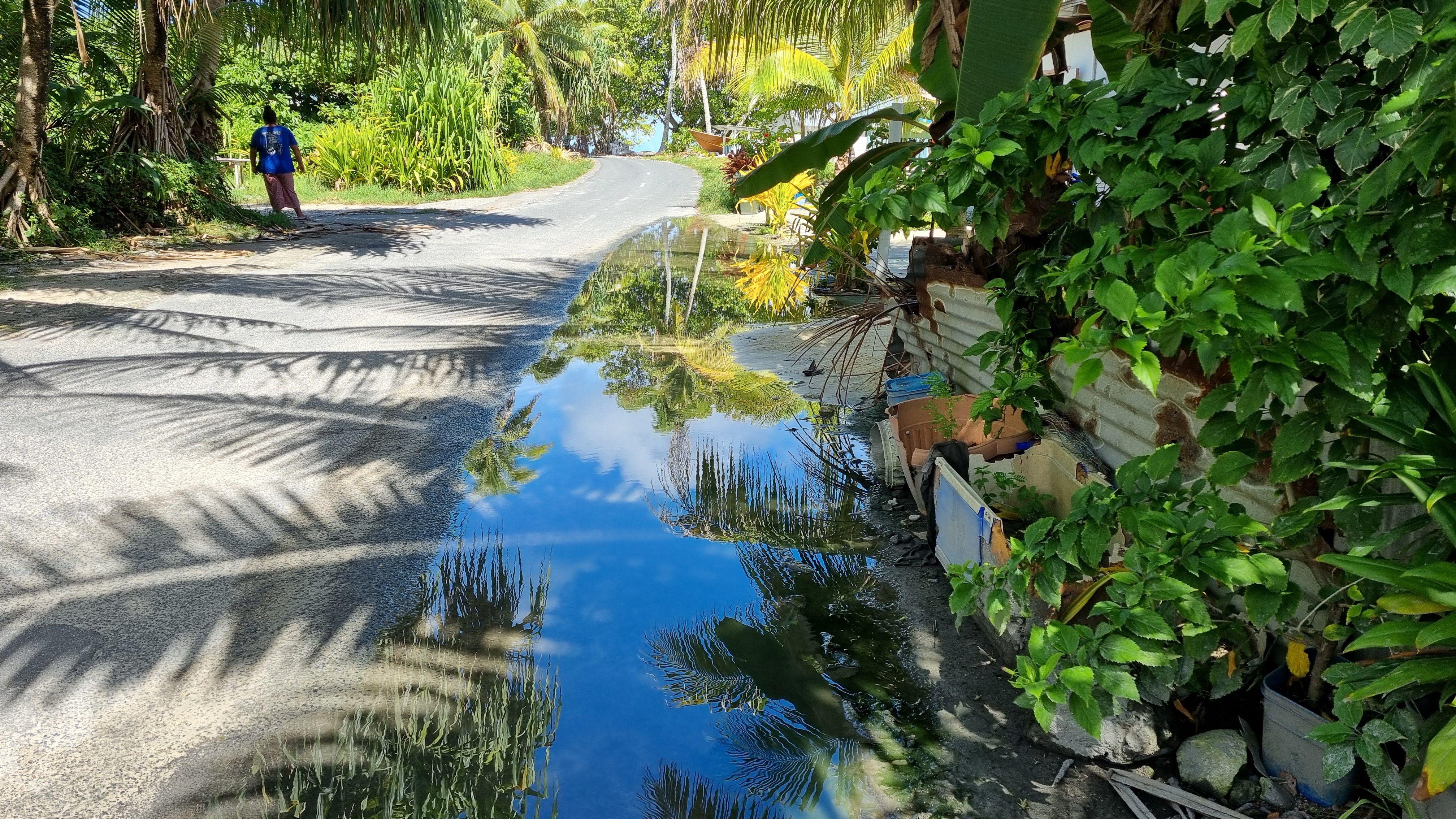
Saltwater inundation in Funafuti, Tuvalu. Photo/Amnesty International
Speaking with William Terite on Pacific Mornings, she says the current rules are failing those most affected by climate change.
“We heard from Sam*, who has an undiagnosed disability in Tuvalu,” Schuetze says. “The visa requirements set the bar so high in terms of acceptable standard of health that it’s impossible for him to move to Aotearoa New Zealand with his family.
“The people most impacted by climate change are being excluded from the very system that should offer protection.”
Watch Kate Schuetze's full interview below.
The report argues that existing policies exclude people based on age, disability, and health status, leading many to overstay their visas and live in constant fear of removal, often unable to access essential healthcare or education.
It recommends dedicated humanitarian visas that prioritise those who are unable to meet the existing immigration requirements, and protections that enable them to stay in the country.
Schuetze says the situation is so severe that New Zealand should stop deporting people back to Tuvalu or Kiribati, as doing so puts their right to life and dignity at risk.
One highlighted case is of Alieta*, a teacher and mother from Tuvalu who has a visual impairment. She withdrew her name from the PAC application so her six-year-old daughter and husband could migrate in 2016, and have been separated ever since.
“When the high tide came, the whole road and the house flooded… that’s why I want to move away from the sea,” she says in the report. “In the beginning, I was not angry at New Zealand. I kept on asking for a visa... But I am sad for my daughter. It is hard on children.”
A 56-year-old i-Kiribati woman told Amnesty International: “In Kiribati, you hardly find good food. You can find only rice and canned stuff. You don't have vegetables or stuff like that. We don’t grow our food at home. There are heat waves, droughts and king tides, and they have destroyed all these plants.”
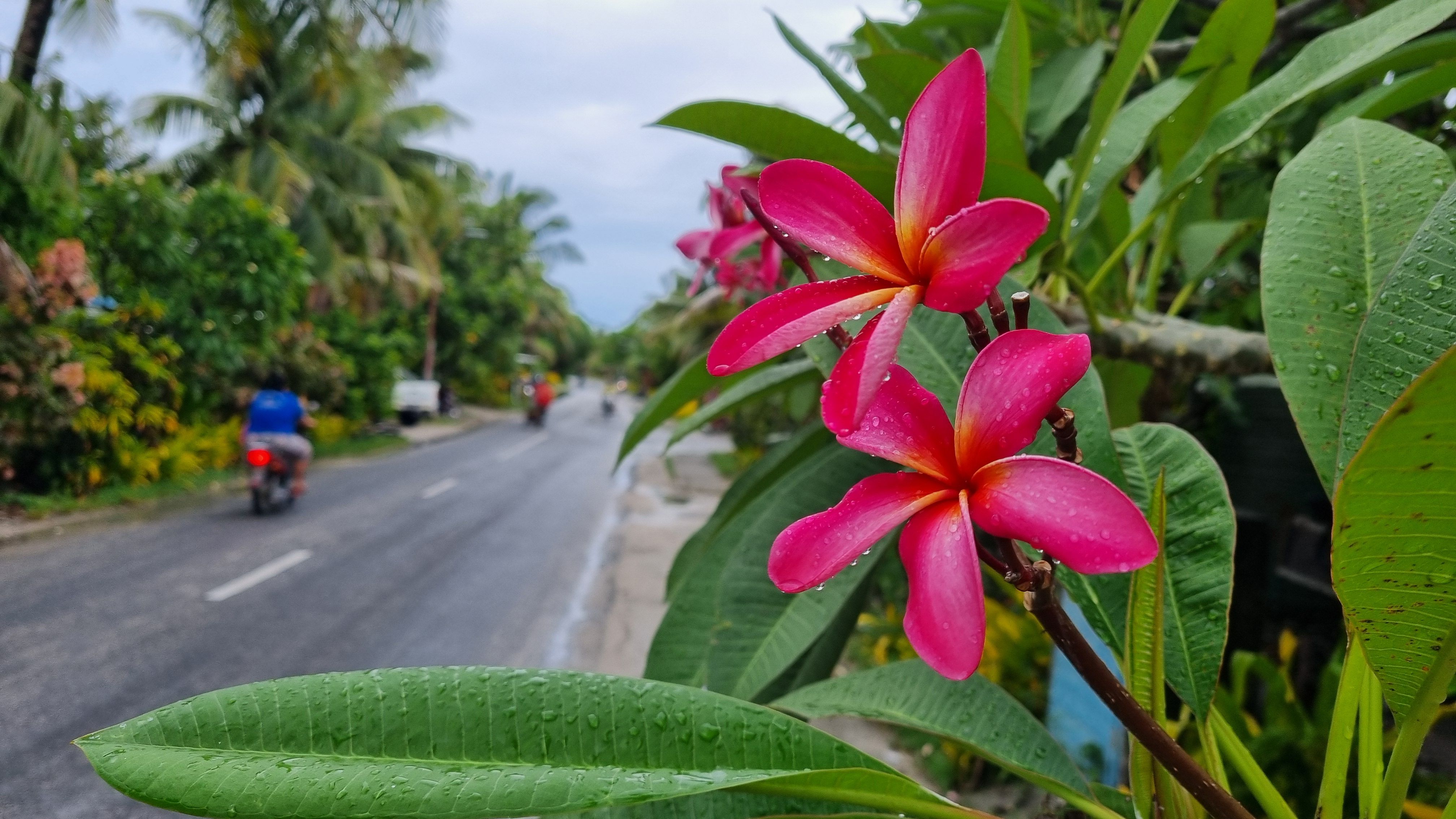
Tuvalu is an island nation in the Pacific with a population of 11,000 people who are experiencing firsthand the effects of a destabilized climate, including saltwater inundation, coastal erosion, food and water scarcity, worsening king tides and stronger storms. Photo/Amnesty International
A responsible relationship with the Pacific
Schuetze says New Zealand’s current migration policies clash with its long-standing relationships with Pacific nations.
She advocates for a rights-based approach to ensure that basic human rights are upheld and families are kept together.
“They need to show leadership by reforming migration policies to factor in climate change and displacement,” she tells Terite.
“People’s individual circumstances, health, age, and disability must be considered alongside the conditions in their home countries.
“The responsibility for Aotearoa New Zealand and other major emitting countries comes in terms of adaptation and climate financing, making sure that those people who also wish to stay in their island homes are able to do so and adapt as much as possible for as long as possible.”
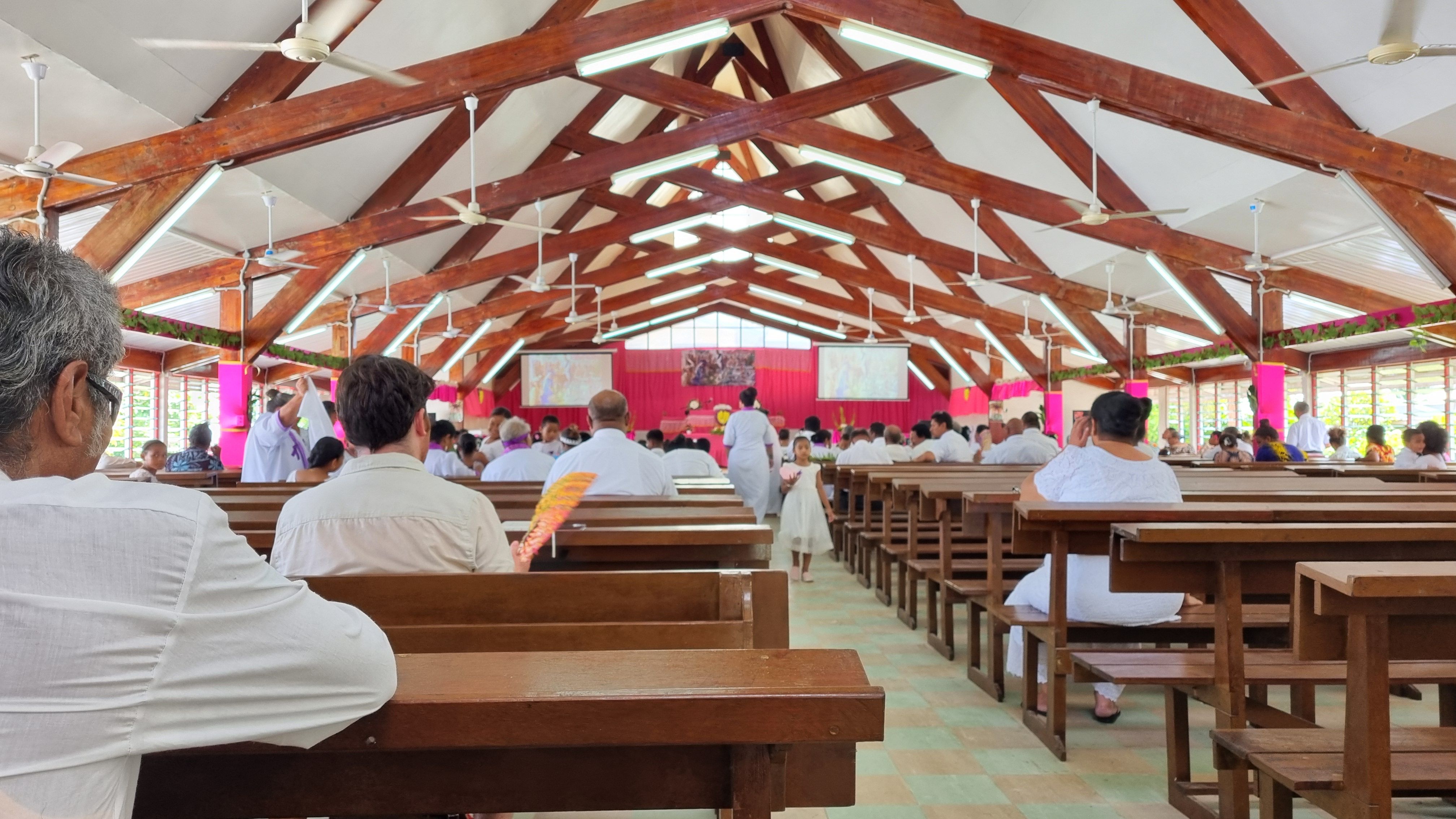
Church service in Funafuti, Tuvalu. Photo/Amnesty International
In May, Australia launched the Pacific Engagement Visa, a ballot that allows 3000 people from the eligible Pacific nations and Timor-Leste to immigrate to the country each year.
Australia opened a separate visa allocation for residents of Tuvalu in August as part of the Falepili Union treaty.
With the upcoming United Nations Conference of the Parties (COP) set to take place next month in Brazil, Amnesty International urges world leaders to act.
“Taking action on climate change and displacement is no longer a political choice but a legal obligation,” the organisation states. “The Pacific is sounding the alarm. If the world fails to act here, it will fail everywhere.”
*Amnesty International has changed the original names in the report for privacy reasons.